If you looked at what George Strait brings to the table on a ledger, it would almost appear as if he’s begging not to be a stadium act. He’s a country traditionalist whose music bears virtually no signs of having been touched by contemporary influences. He’s also a non-raconteur who does fewer interviews than Beyonce, and not that much more talking to the audience in concert. His big screens have graphics that look like they were cooked up roughly around the time he was getting his start in the early ‘80s. He moves around on stage about as much as someone getting a CAT scan. Perhaps needless to add, he does not fly over the audience; the only thing being harnessed in his shows is some Lefty Frizzell energy.
But was every seat sold for his appearance Saturday night at SoFi Stadium in Inglewood? You bet your Wrangler-endorsement-deal britches. What’s more, quite unlike the audience for other performers in their 70s who’ve passed through recently, the crowd skewed young; the median age might’ve been half his age. It’s not as if Haggard, Jones or Cash were ever headlining stadium shows in their advanced years for relative kids, so how is it that younger generations of fans have gotten the memo now that granddad-country trumps bro-country? There are probably a lot of factors to that, but among them, consider the idea that maybe his audience has been scared straight… scared Strait won’t come around again.
That is not an age thing, though — more of a self-imposed scarcity thing on the artist’s part. Strait famously said some years back that he was retiring from the concert business, and then had the genius notion that maybe a half-dozen or so stadium shows every year constituted the kind of touring that he could live with. Saturday’s show in Inglewood was his fifth gig of 2025, and the last scheduled for this year, barring any sudden developments. (And “sudden” is not Strait’s thing.) He also hasn’t played in California at all since 2014, per reports. Strait treated it as if it were a routine gig, or at least didn’t feel the need to sentimentalize the occasion with reminders to the audience of just how few opportunities like this he affords them. But most were acutely aware this was a rare opportunity… though you can’t discount that others may live in more of a vaccum and just wanted to hear “All My Ex’s Live in Texas” live, as most rational humans would, afforded the chance.
It can’t be discounted that some part of the crowd might’ve been at SoFi first and foremost to hear the middle-billed Chris Stapleton, who has been known to headline a stadium show or two himself, though he mostly keeps it to the arena circuit. As is typical for country shows at this level, the evening’s lineup was packed to the point of gilding the lily, with a group as big as Little Big Town rounding out the bill in the opening slot. (At the previous four 2025 Strait dates, it was Parker McCollum in that position.) From start to finish, the triple-header had all three attractions doing full-length sets and lasted nearly six hours… putting the lie to the lyrical maxim “I ain’t here for a long time,” but without too many complainants, even if some of the seats started to empty out around the 11:00 hour, as babysitting bills accumulated and the threat of a midnight parking-lot jam loomed.
Performing hours before sundown, Little Big Town’s eternally flawless harmonic convergence captivated what there was of the still-getting-settled crowd, giving pop-country a good name with highlights ranging from their hit Taylor Swift cover “Better Man” to the female-forward “Girl Crush” and “Daughters.” More of the house was in place by the time Stapleton fired up an hour-and-a-half set that had “Broken Halos” as its emotional climax, followed by “Tennessee Whiskey” as its less emotive, good-time capper.
Stapleton had a couple of special guests for his performance, albeit guests that he shared with the headliner, as both he and Strait invited both Miranda Lambert and Mike Campbell out for their respective performances. In Stapleton’s case, the latter cameo was a natural because the guitarist for Tom Petty and the Heartbreakers and he have some good collaborative history together, including having co-written “Arkansas,” one of two songs Campbell guested on; the other was Petty’s “I Should Have Known It,” which Stapleton had covered on a country tribute album for the late rocker.
With Lambert on site, she and Stapleton had the chance to give a live premiere to their joint new single, the upbeat love song “A Song to Sing.” Later, Lambert came out early in Strait’s set in the night’s first example of a guest’s double-duty, singing the headliner’s song “Run” with him (not to be confused with her own recent single of that name; too bad no one had the idea to make a medley of those). Their two-song duet spot continued with “How ‘Bout Them Cowgirls,” which obviously had been waiting for as vivid a living demonstration as a fellow Wrangler endorsee like Lambert could offer.

George Strait and Miranda Lambert in concert at SoFi Stadium, July 19, 2025
Christopher Polk for Variety
Campbell’s part in Strait’s set was one of the clear highlights of the night, involving a jammy cover of Petty’s “You Wreck Me” that included first a characteristic solo from the Heartbreaker, then further solo turns from further members of Strait’s band — with many of those veteran accompanists smiling at the equally rocking licks his guitarist of 40 years, Rick McRae, was able to match Campbell’s with. This was a song that Strait contributed himself to the country Petty salute, so not new territory for him, but it’s still a surprise to hear someone who normally keeps it firmly on the country side turning into an arena-rock cowboy for the length of one song. (Unlike Alan Jackson, he doesn’t take a firmer position against rocking the jukebox, even if it’s not really his thing.)
As he has on the previous dates on this not-quite-a-tour five-date itinerary, Stapleton himself joined Strait for three numbers, beginning with the 2003 hit “Cowboys Like Us” and continuing through two Strait cuts that Stapleton co-wrote, “Honky Tonk Hall of Fame” and “You Don’t Know What You’re Missing.” These offered proof of just how comfortable Stapleton is stepping into trad-country, even if his standard m.o. for his own albums tends toward bluesier things.
The most hilarious moment of the evening came when Strait told Stapleton: “You are my hero.” Maybe they did this routine on the earlier dates, but Stapleton seemed taken aback and offered the closest thing to a riposte one could under the circumstances: “Well, you’re mine.”
Heroes of a non-musical stripe got their moment when a lengthy, moving slot was given over to a representative from the Military Warriors Support Foundation offering a house and complete furnishings to a veteran who was brought on stage, offering support for his PTSD and some relief for having had most of his belongings robbed. The courage of law enforcement officers was saluted, meanwhile, with Strait’s rendition of his song “The Weight of the Badge,” accompanied by footage of officers from the California Highway Patrol, LAPD, sheriff’s department and Baldwin Park police department. Without any more controversial law enforcement deployment of late being invoked, Strait’s straightforward ballad offered a moment in which Strait’s Democratic and Republican fans might’ve felt oddly sympatico, had they sussed each other out.
Introducing “I’ll Always Remember You” near the end of the night, Strait owned up to his fake-out retirement of the early 2010s, saying he had it in mind at the time “that I wouldn’t be doing this too much longer. … I changed my mind in a hurry.” At the very end, following the Townes Van Zandt-penned classic “Pancho & Lefty,” Strait closed things out for real with another retirement-appropriate number — albeit one that dates back to 1984 — “The Cowboy Rides Away.”

George Strait in concert at SoFi Stadium, July 19, 2025
Christopher Polk for Variety
With a retirement plan like this — a handful of shows a year, all of them major events drawing fans from several states around — Strait is enjoying the most privileged, slowest ride into the sunset possible. But then, fans would maintain that the privilege of still having him kicking around is all theirs. Who else remains with this firm a link to a time when someone could come up raised on nothing but “Pure Country” (to cite his 1992 feature film’s title), with no hint of a modified trap beat or leering over back roads hotties in sight? Not that Strait should be credited only for what he doesn’t do — i.e., go crass on us — as much as what he did and still does: pick great songs, sing even better and exude a quiet, uncocky confidence that would make anyone feel patriotic about country as a genre. Artists like Zach Top may be coming up to fill that void, but they might not get very far without Strait still in the collective audience’s consciousness as the most visible living wellspring for this music’s better angels.
Not that it ever seems like a good idea to contradict a time-tested George Strait lyric, but: May he be here for a long time, as well as a good time.

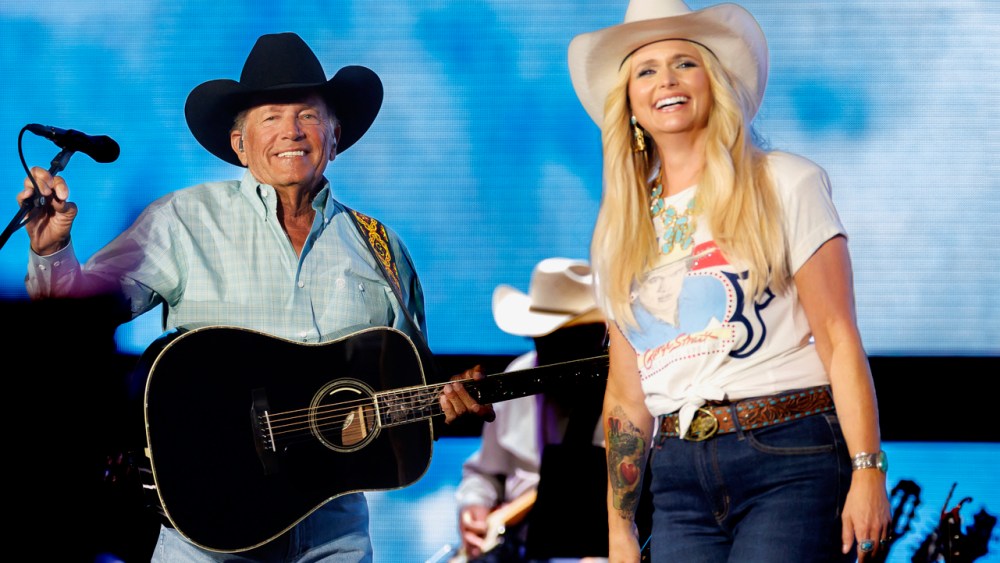

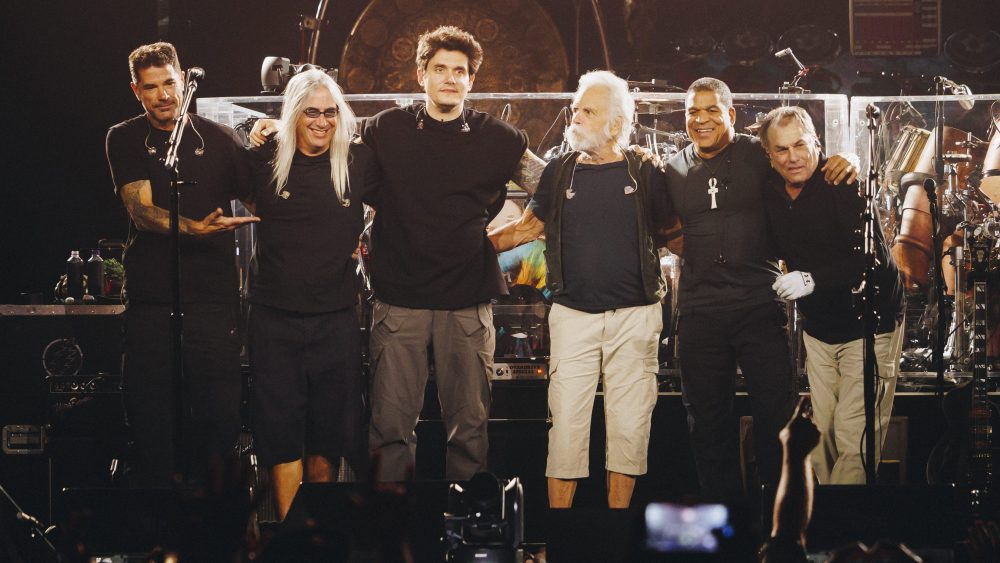
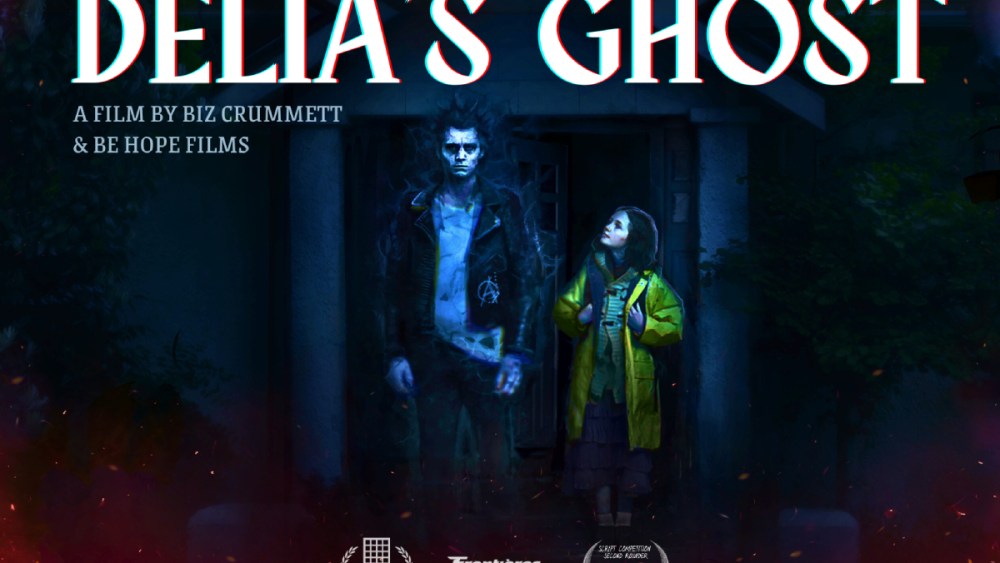
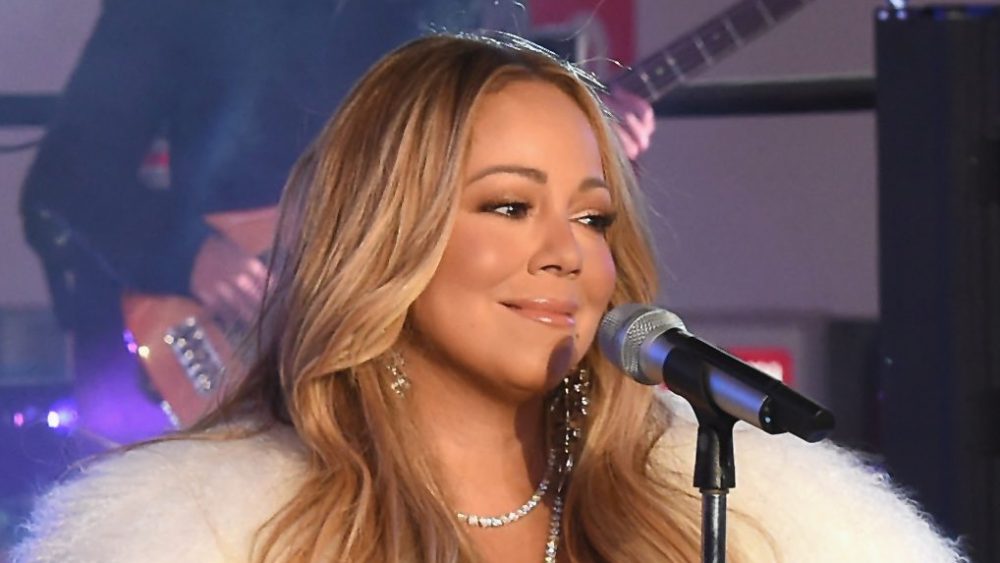

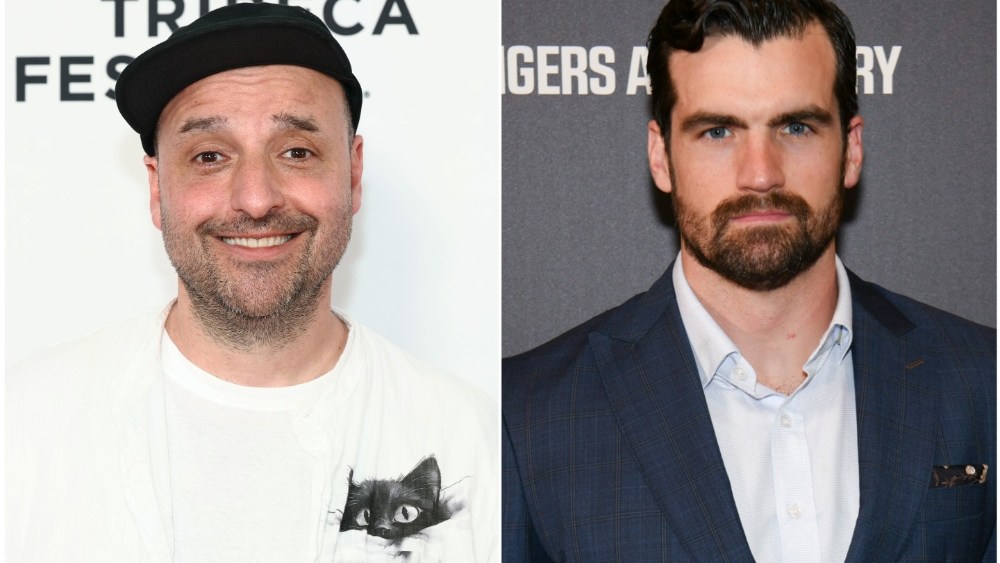

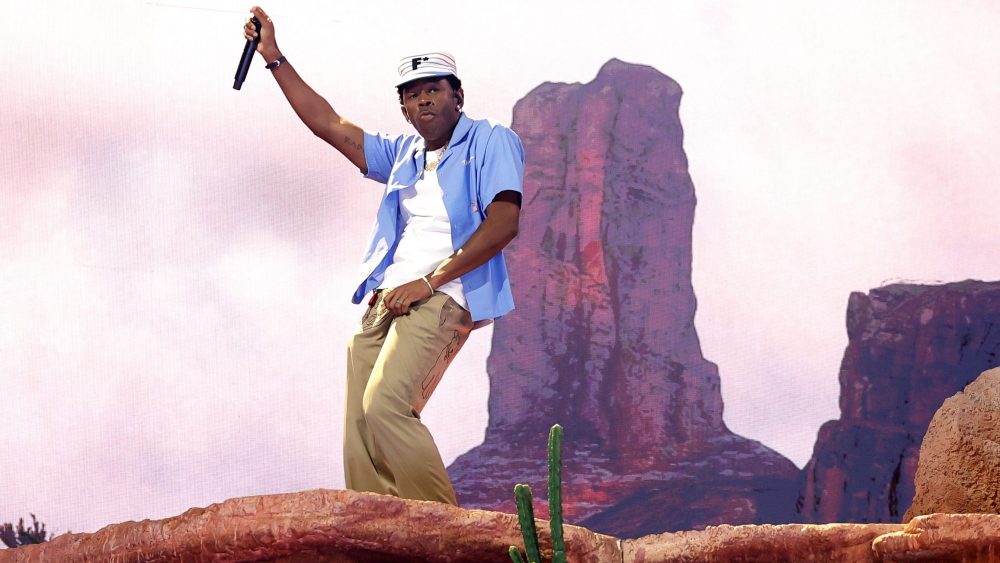

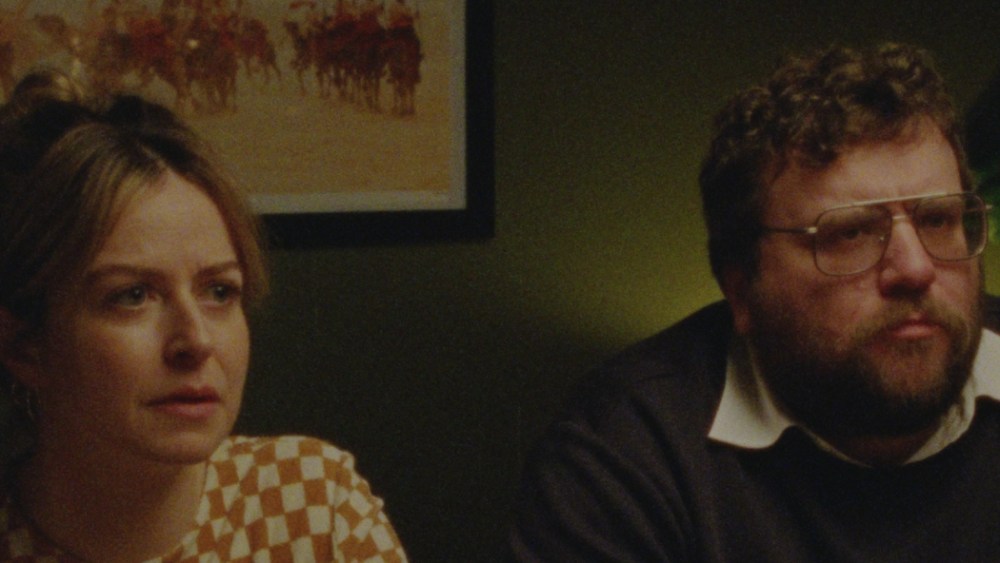

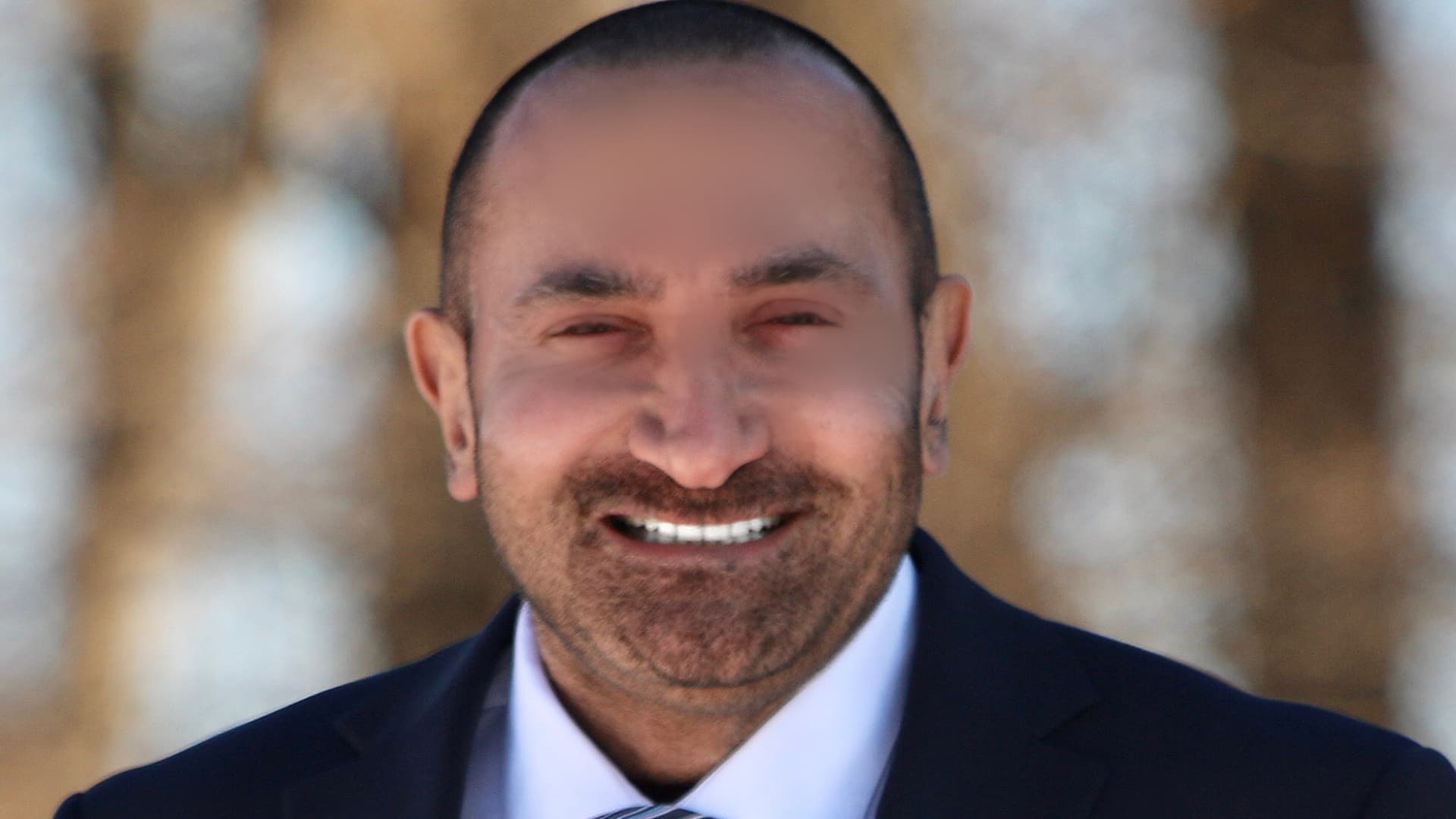
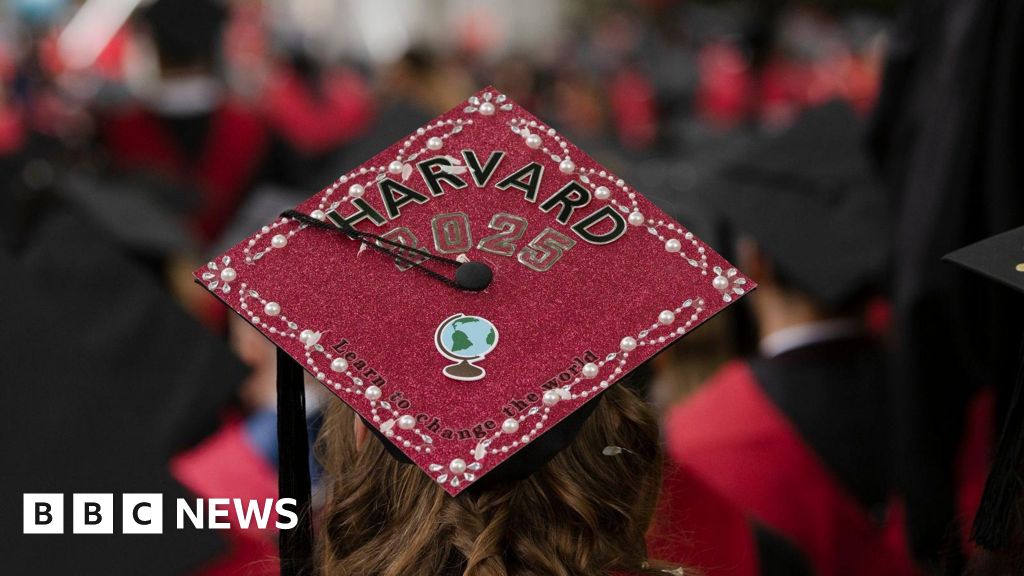

Leave a Reply